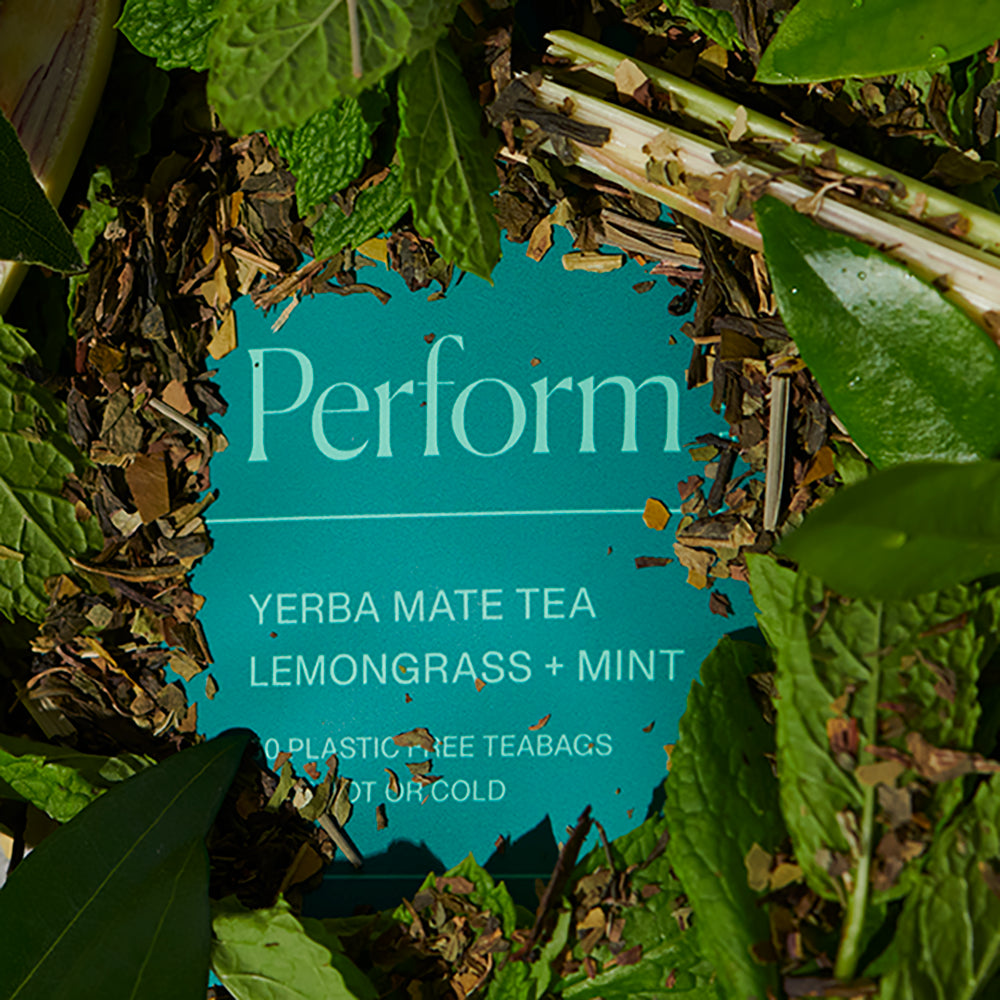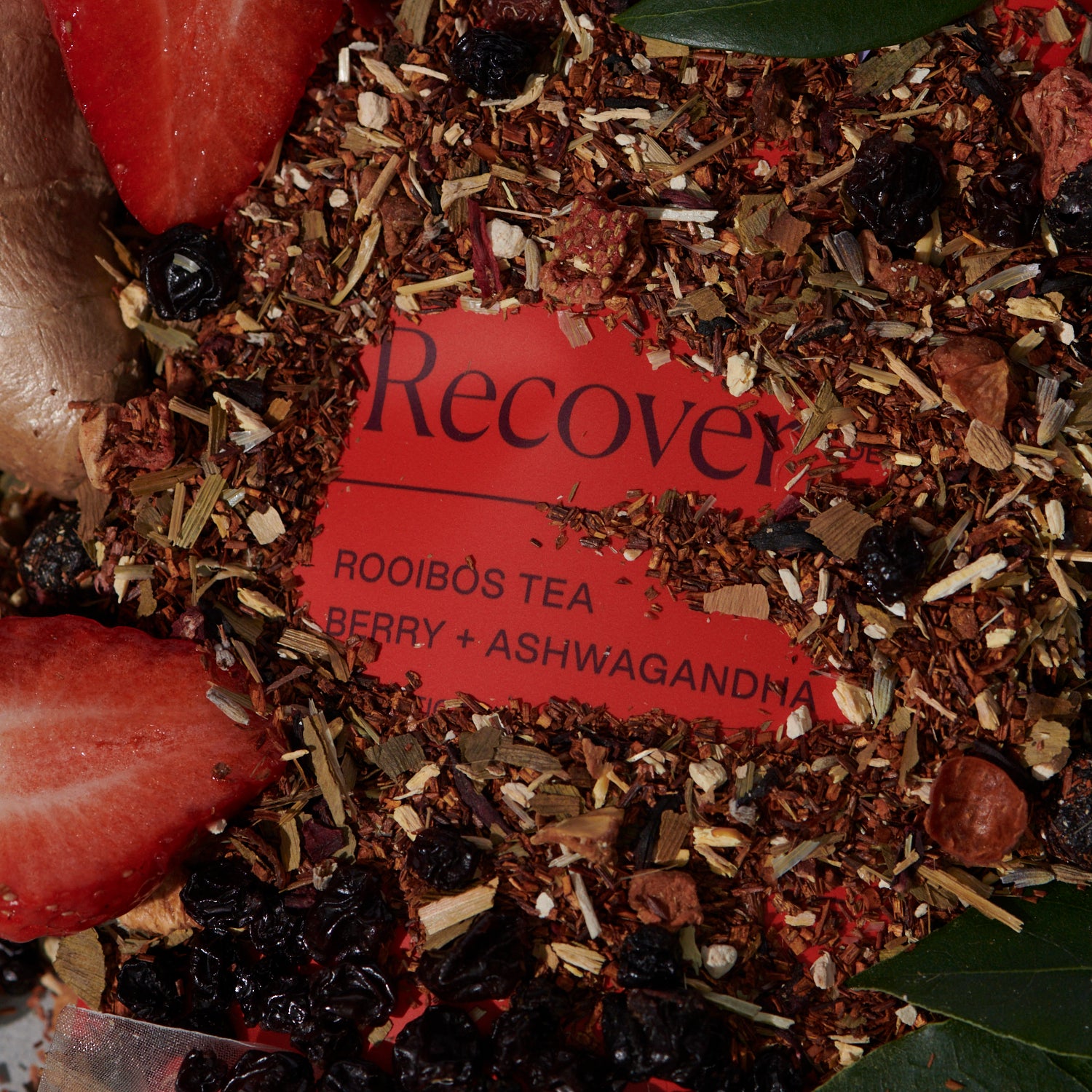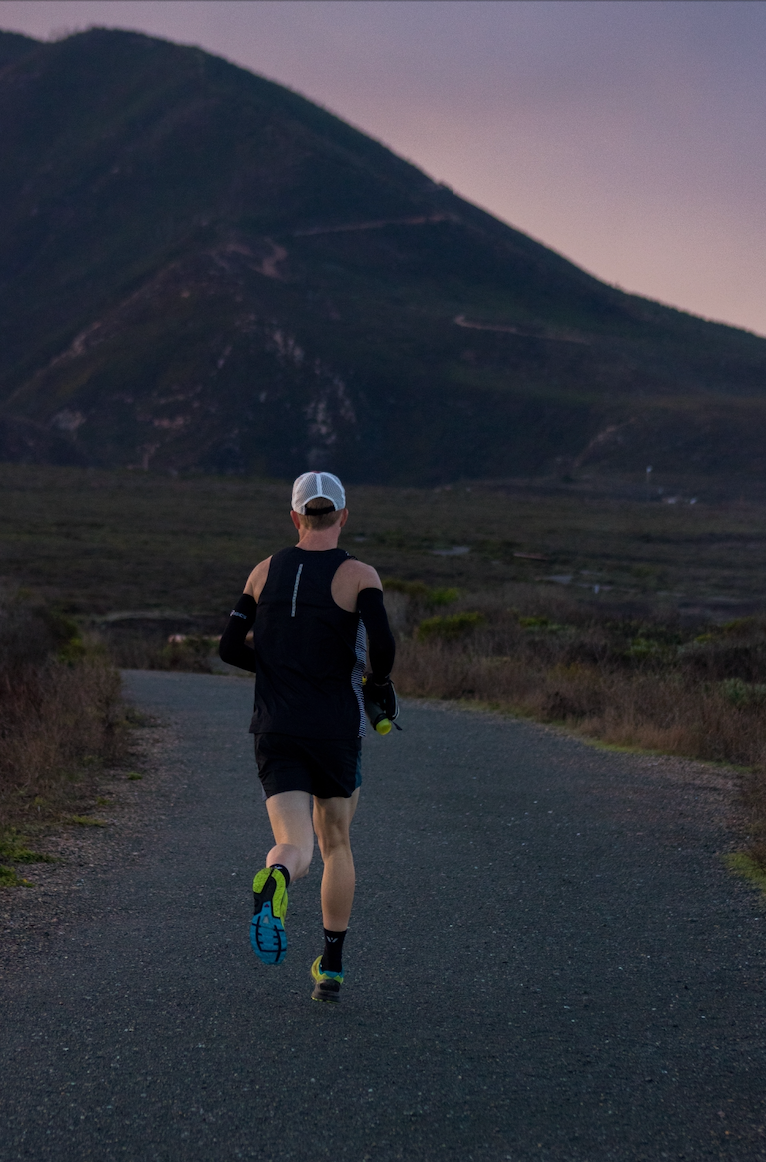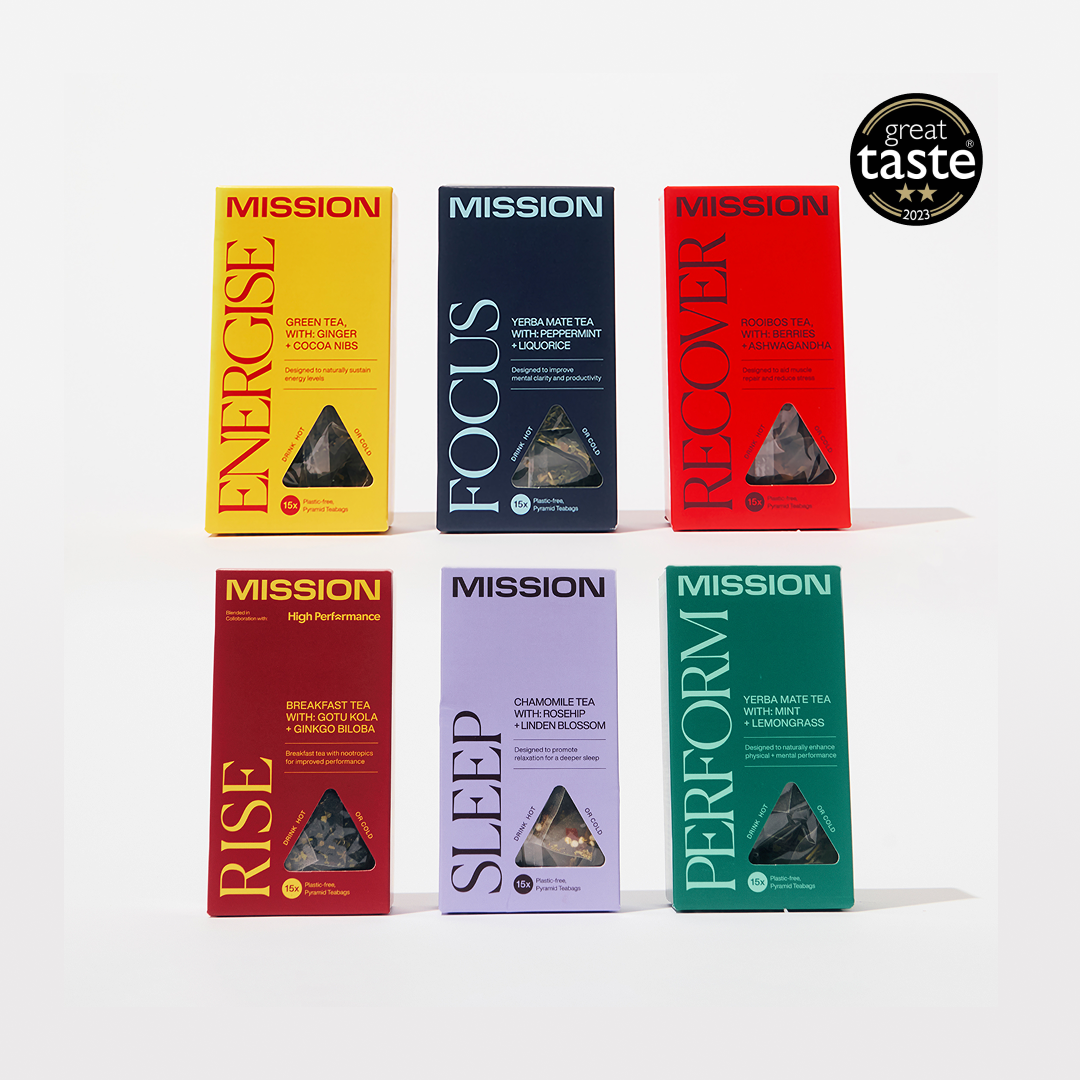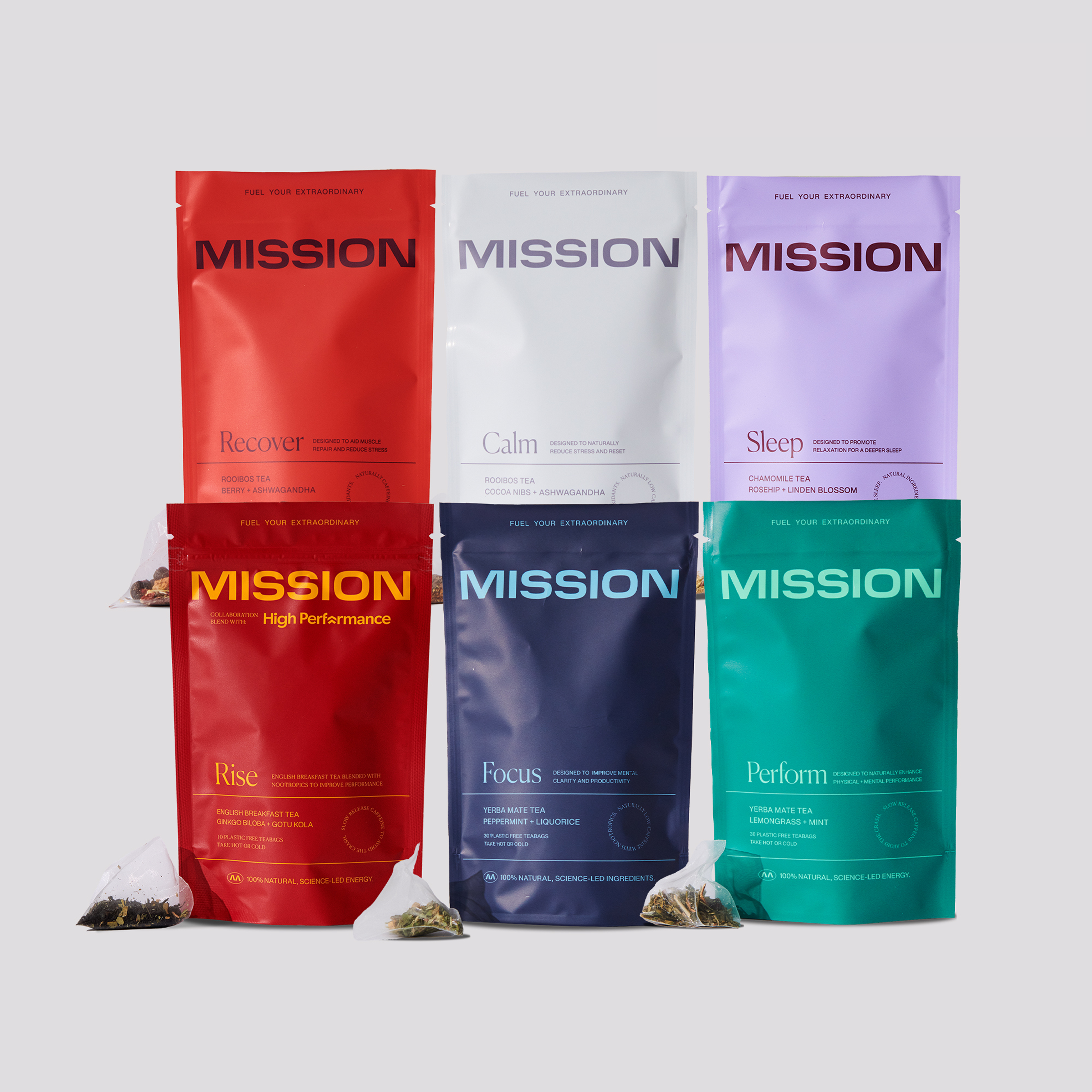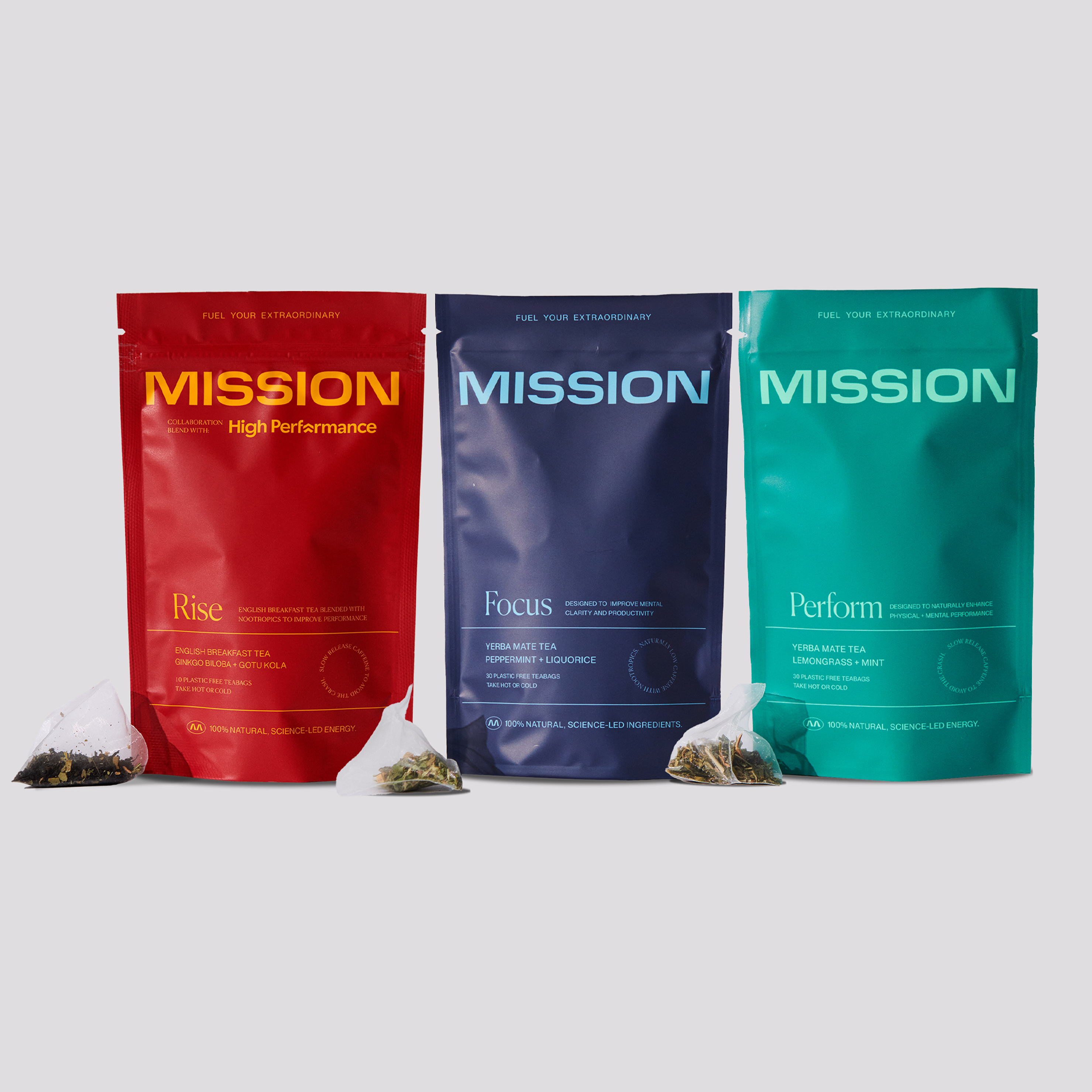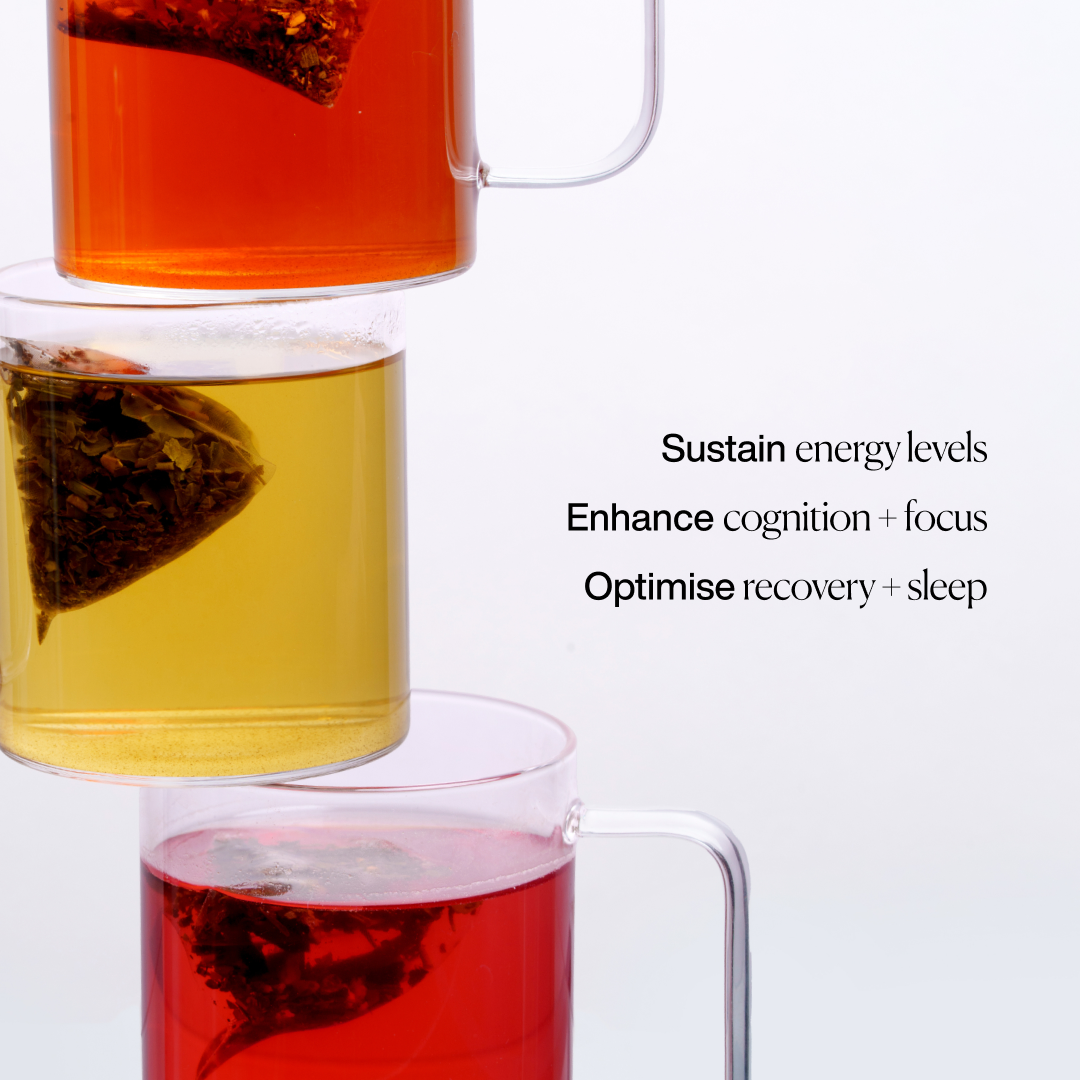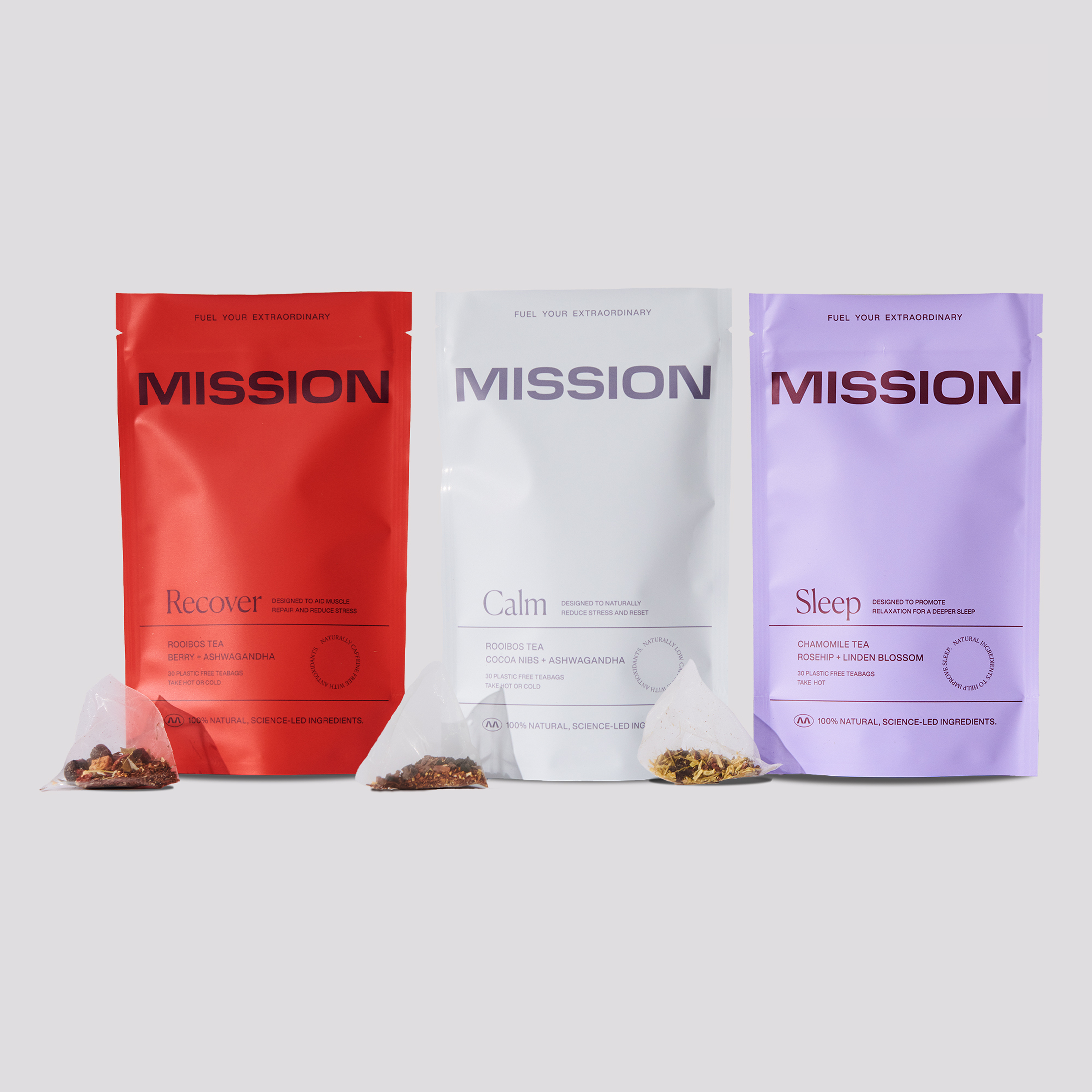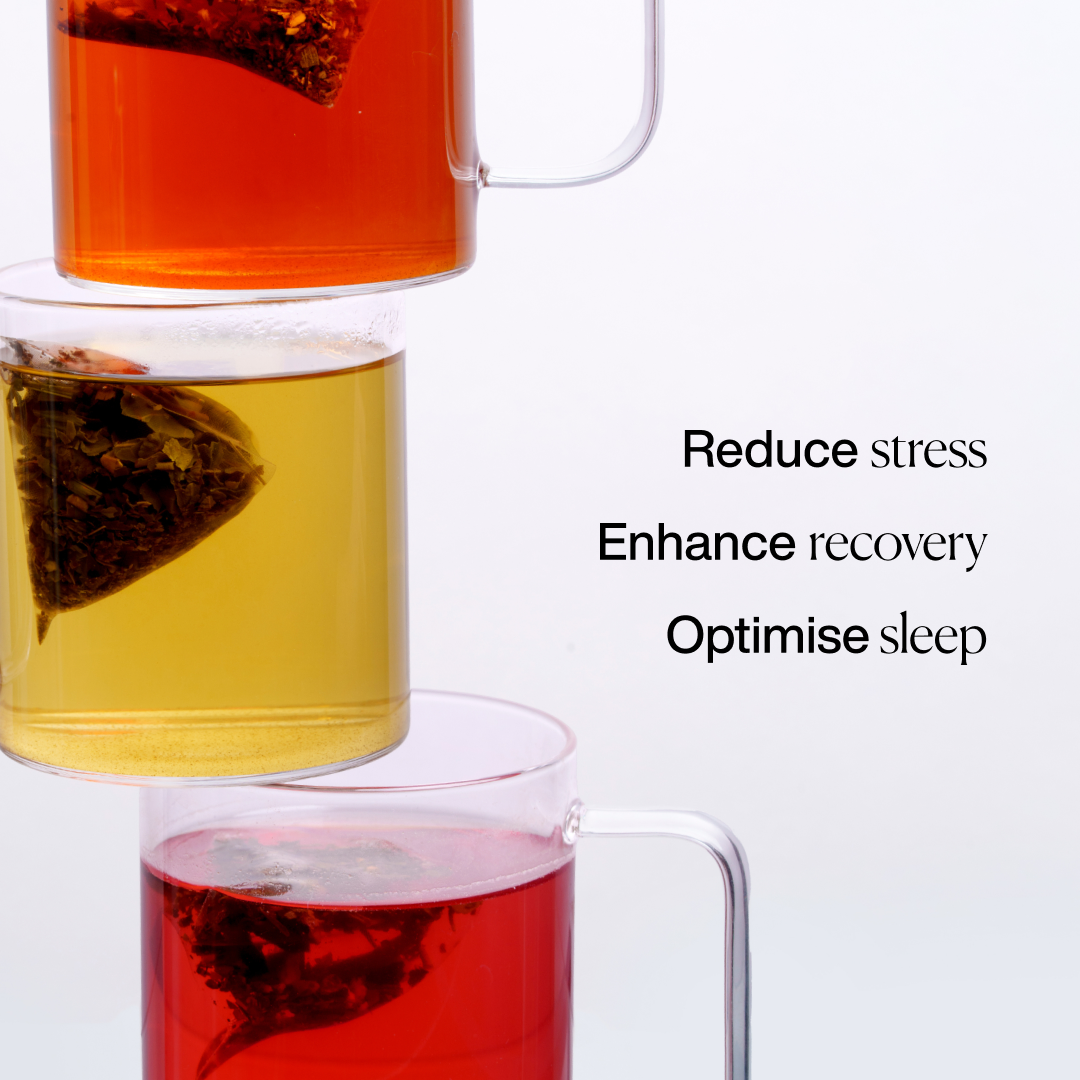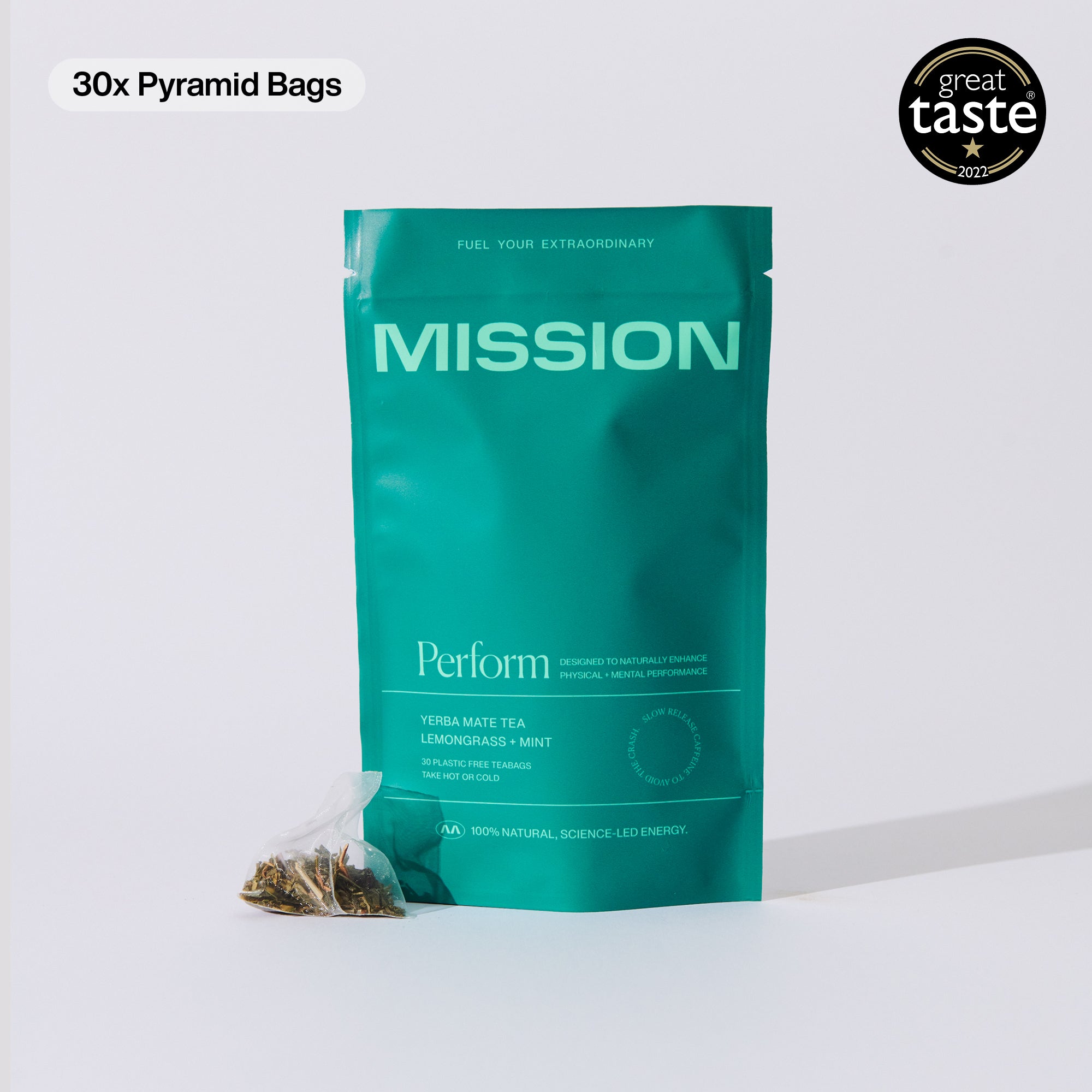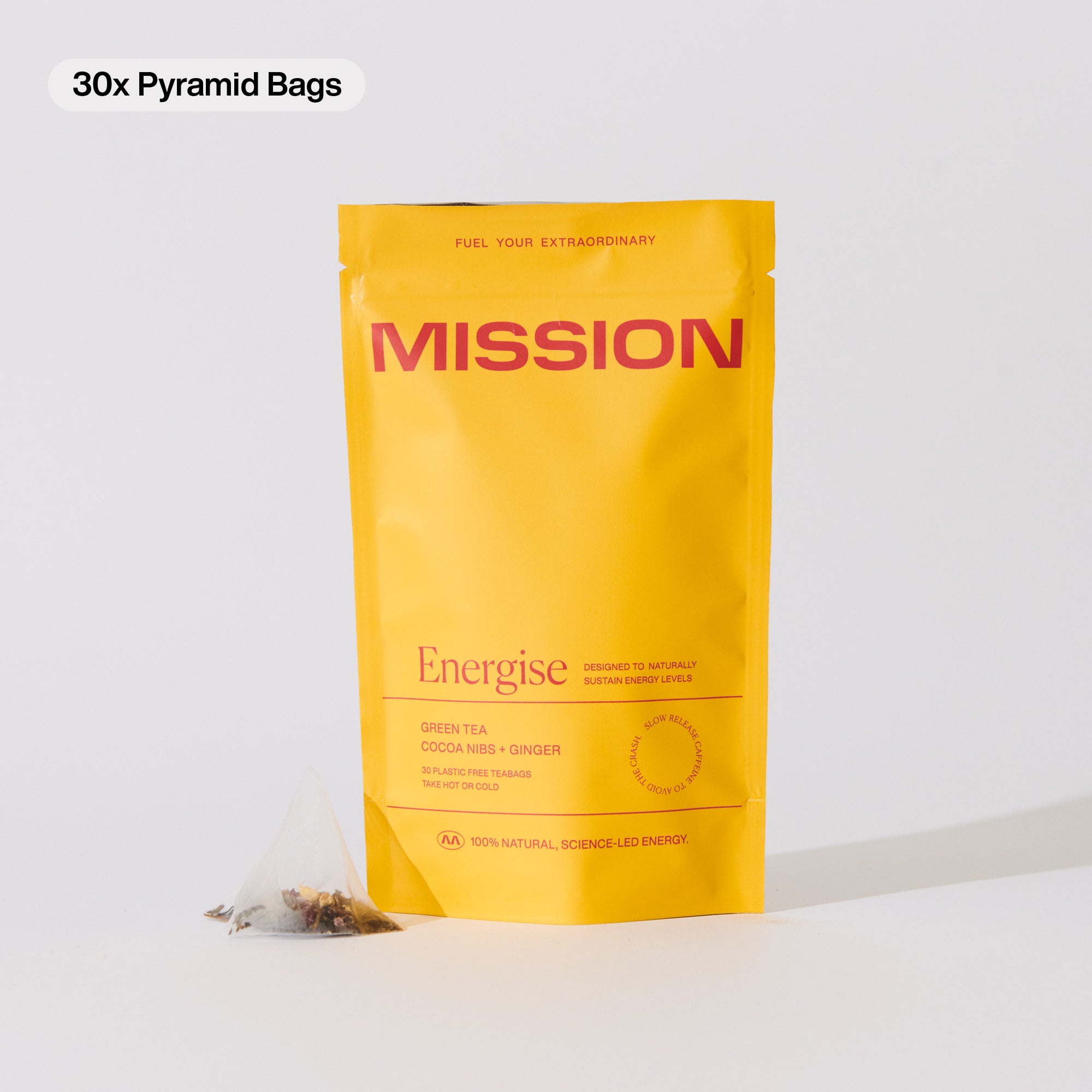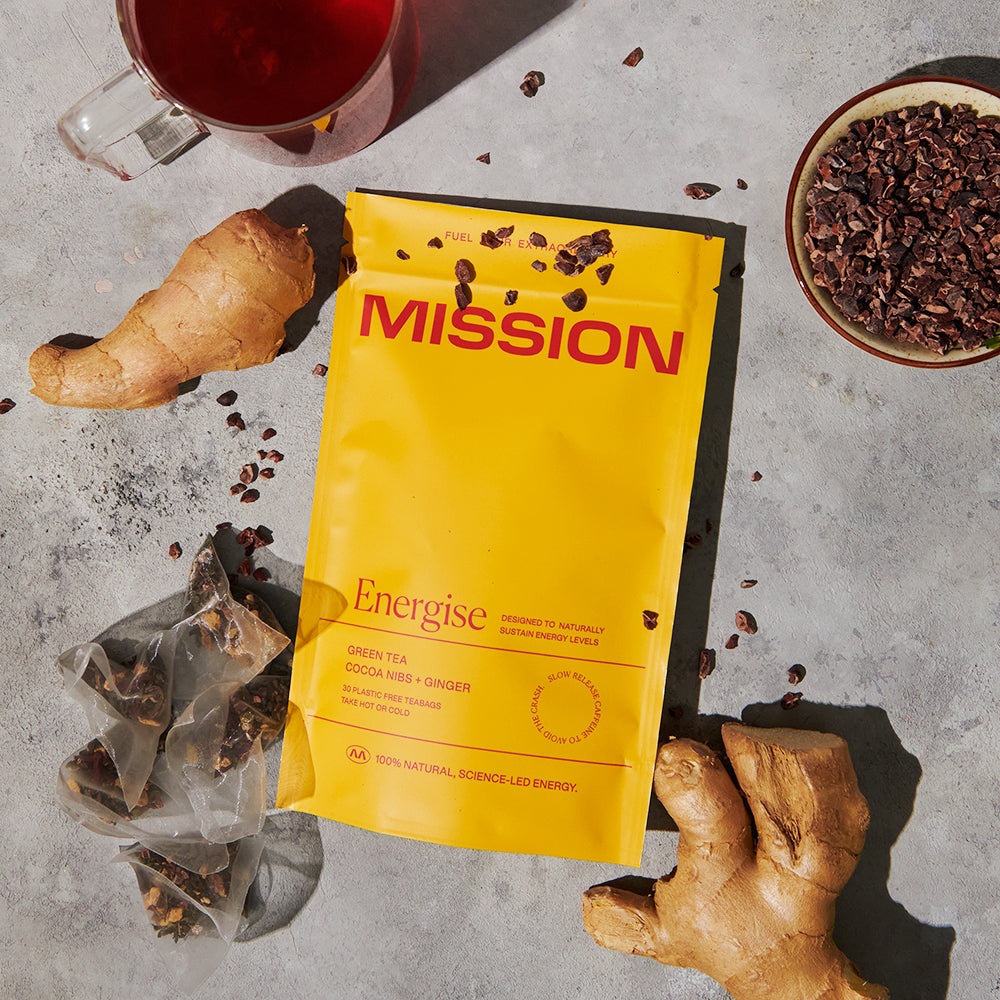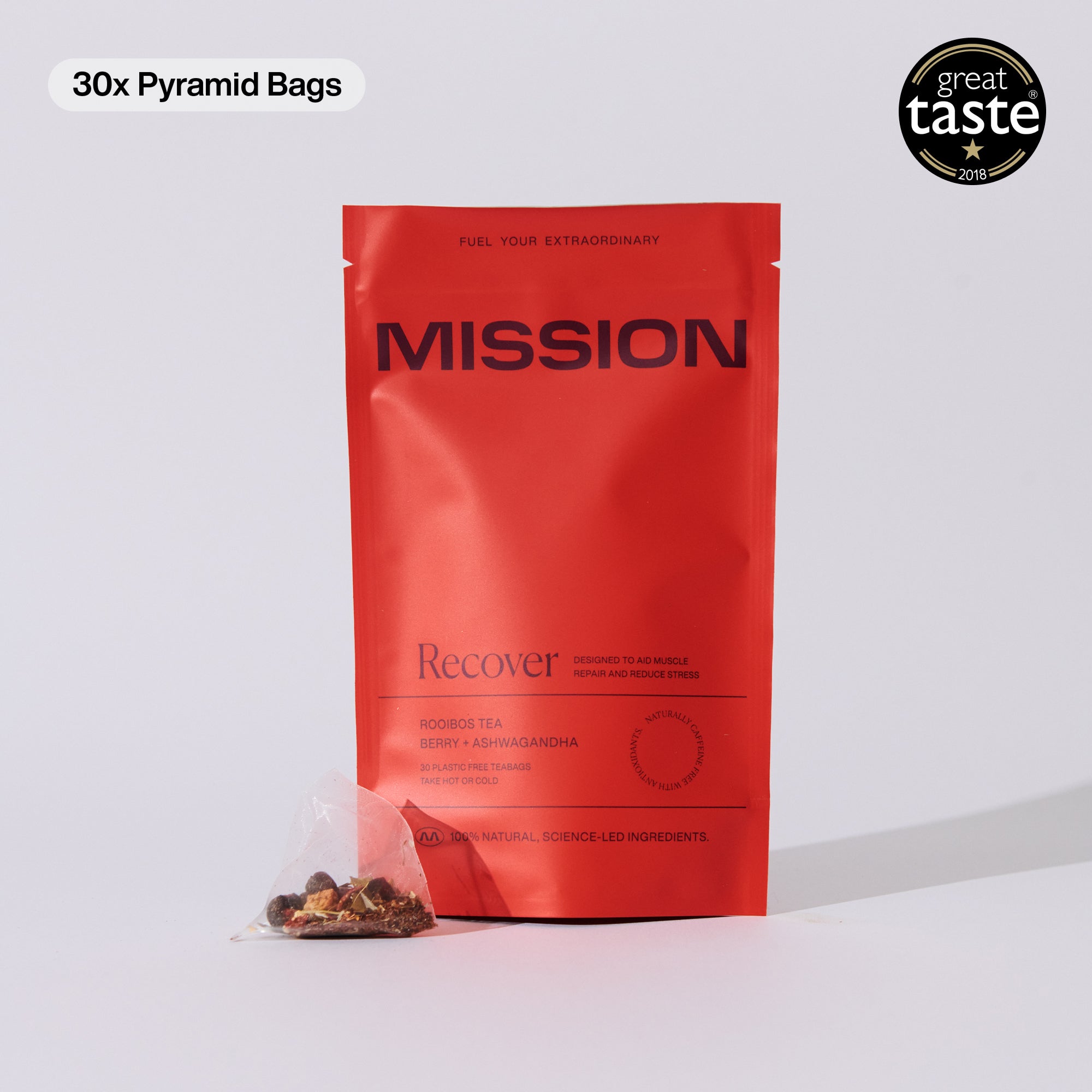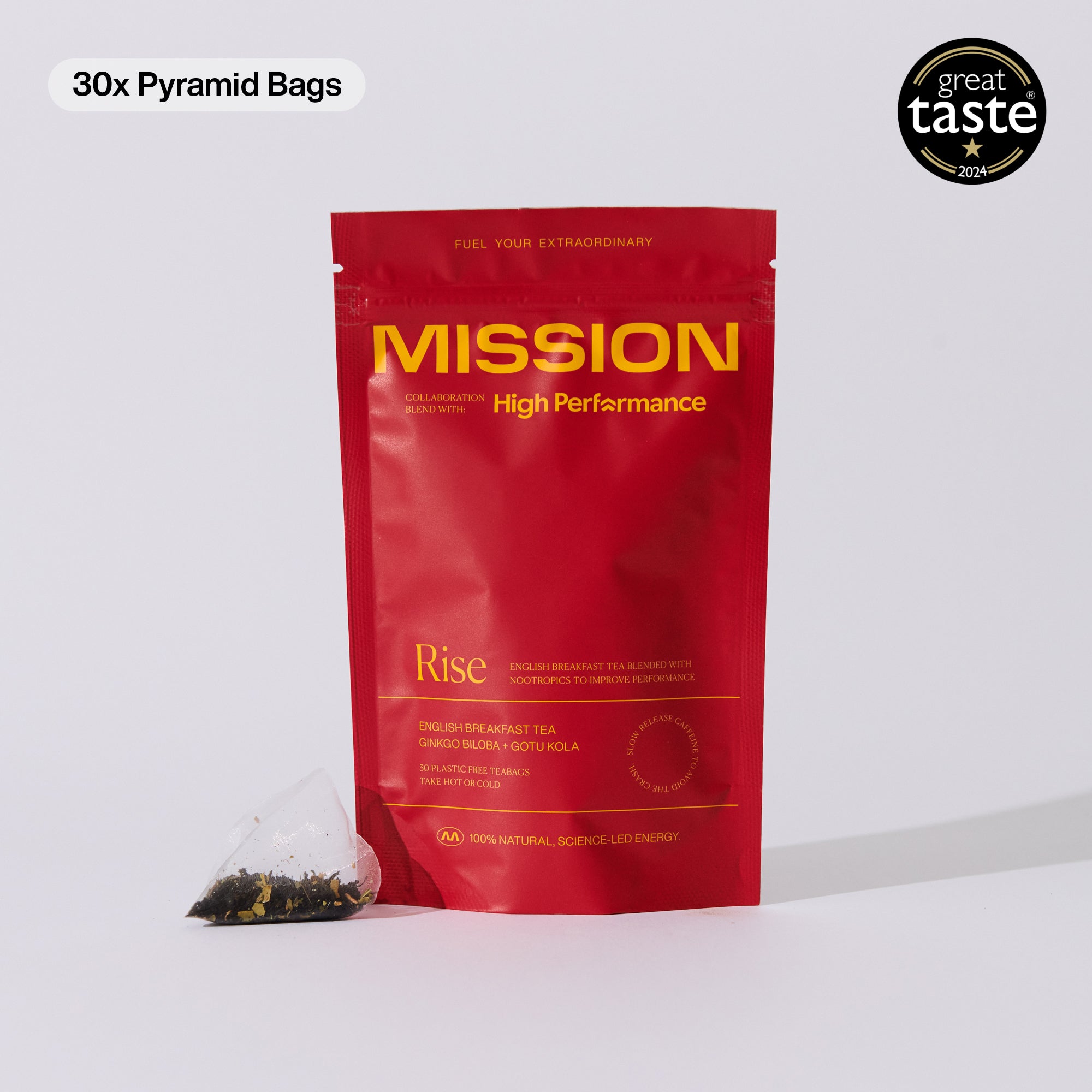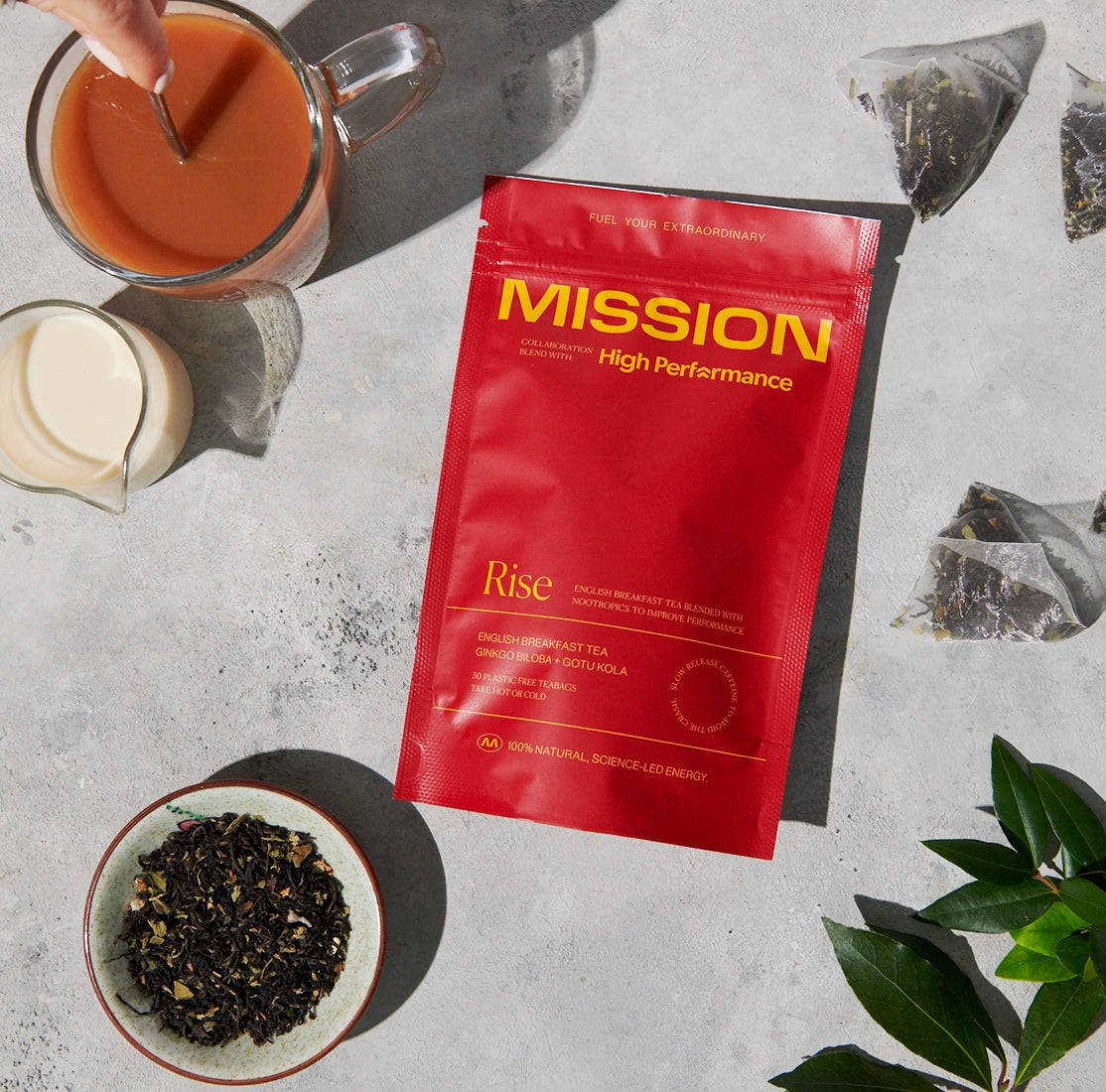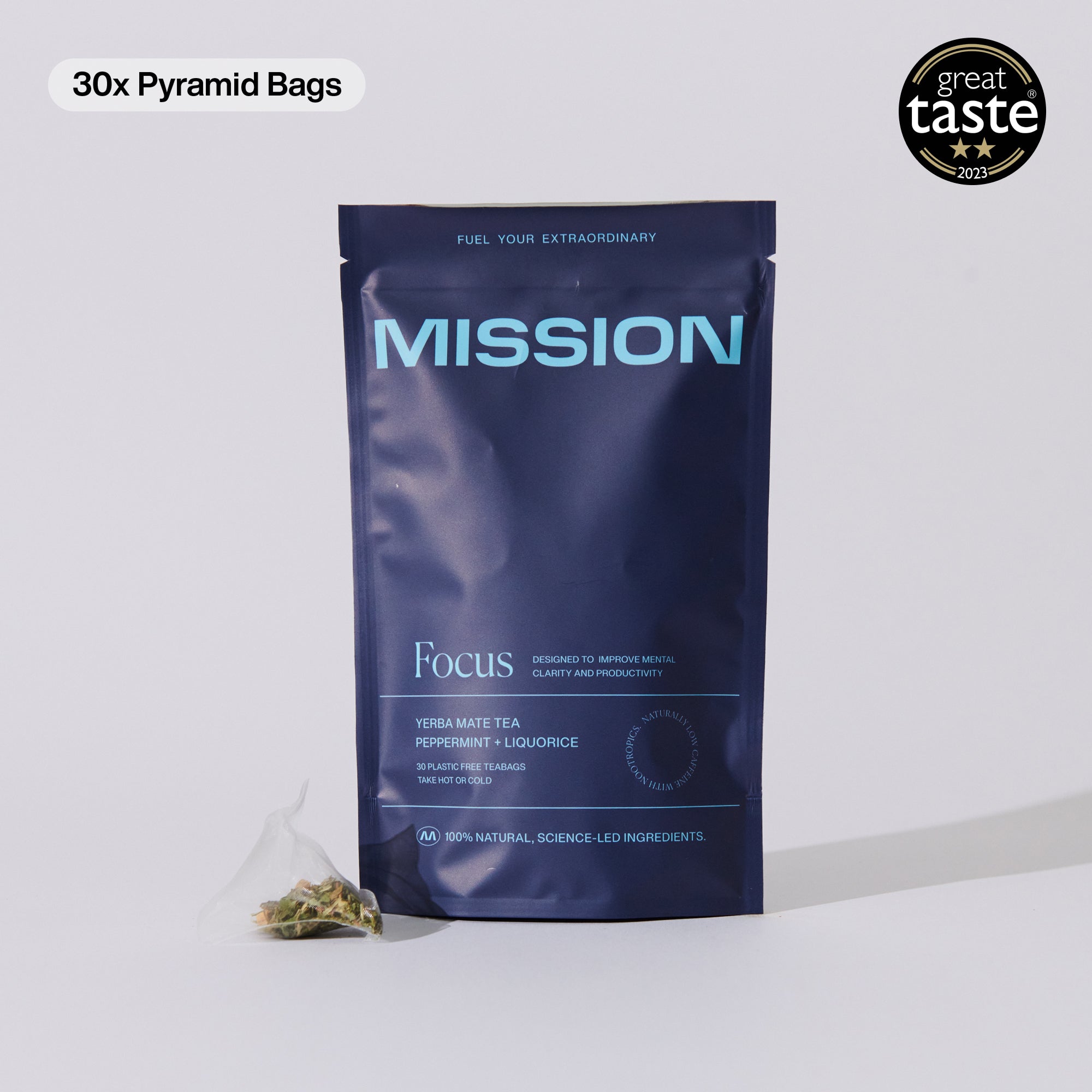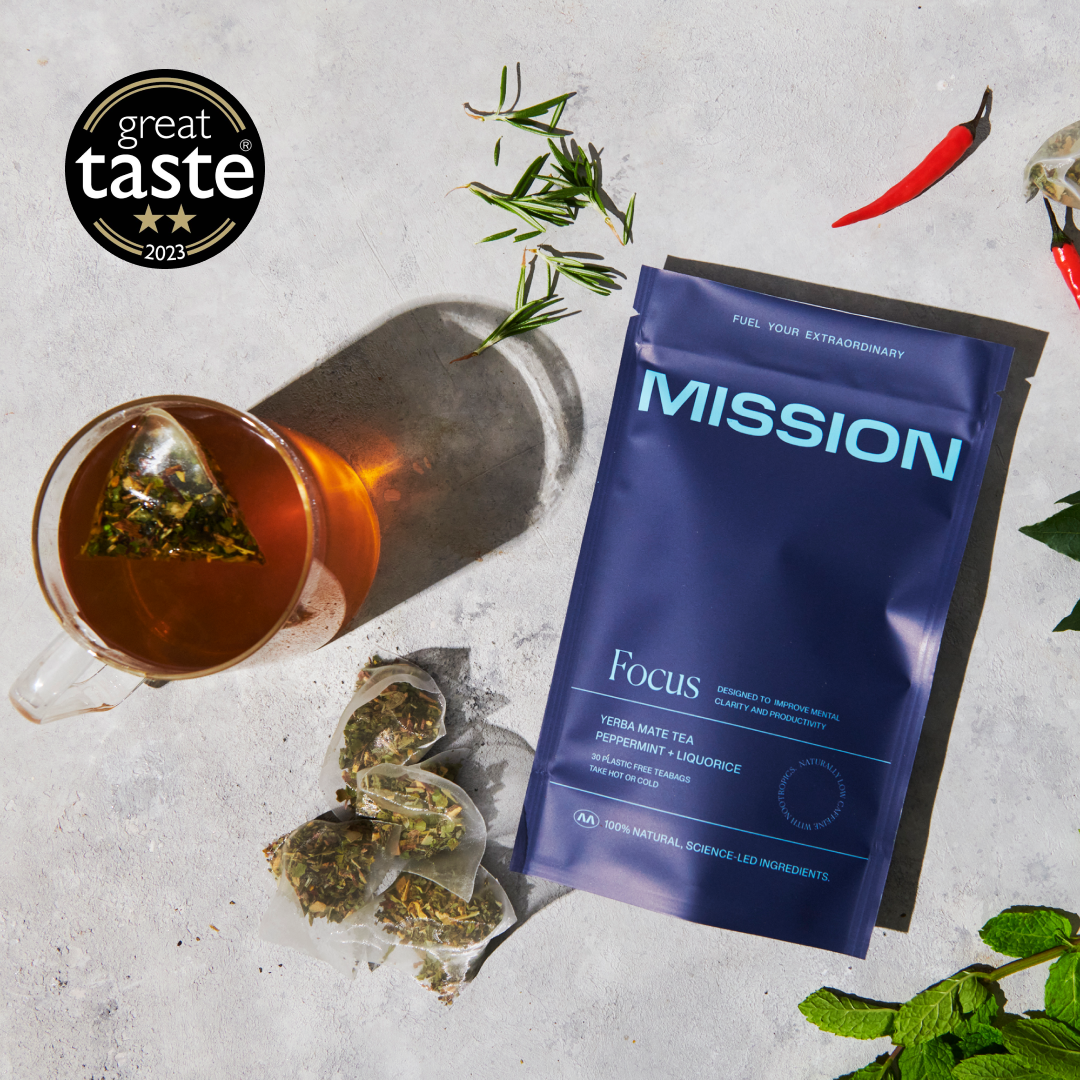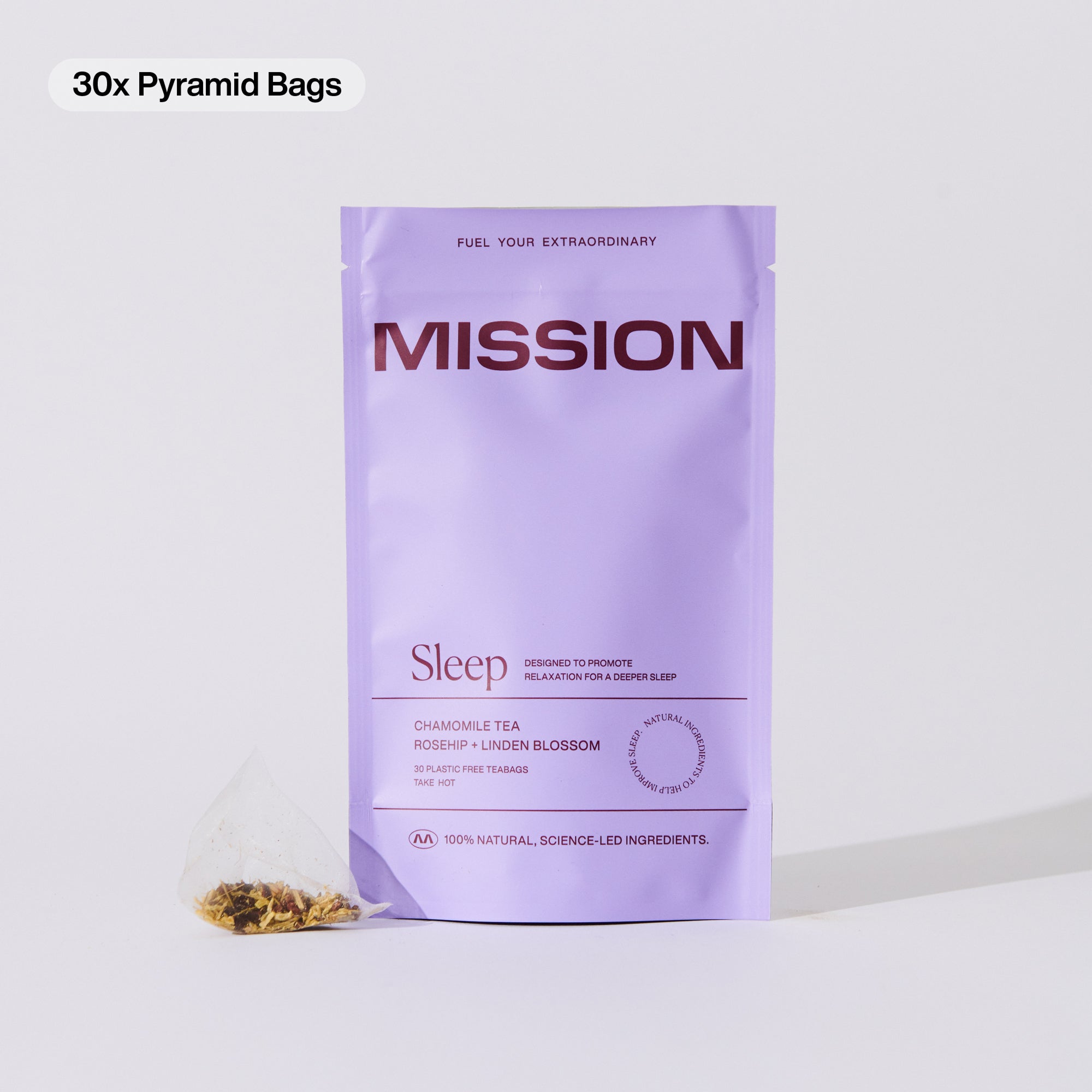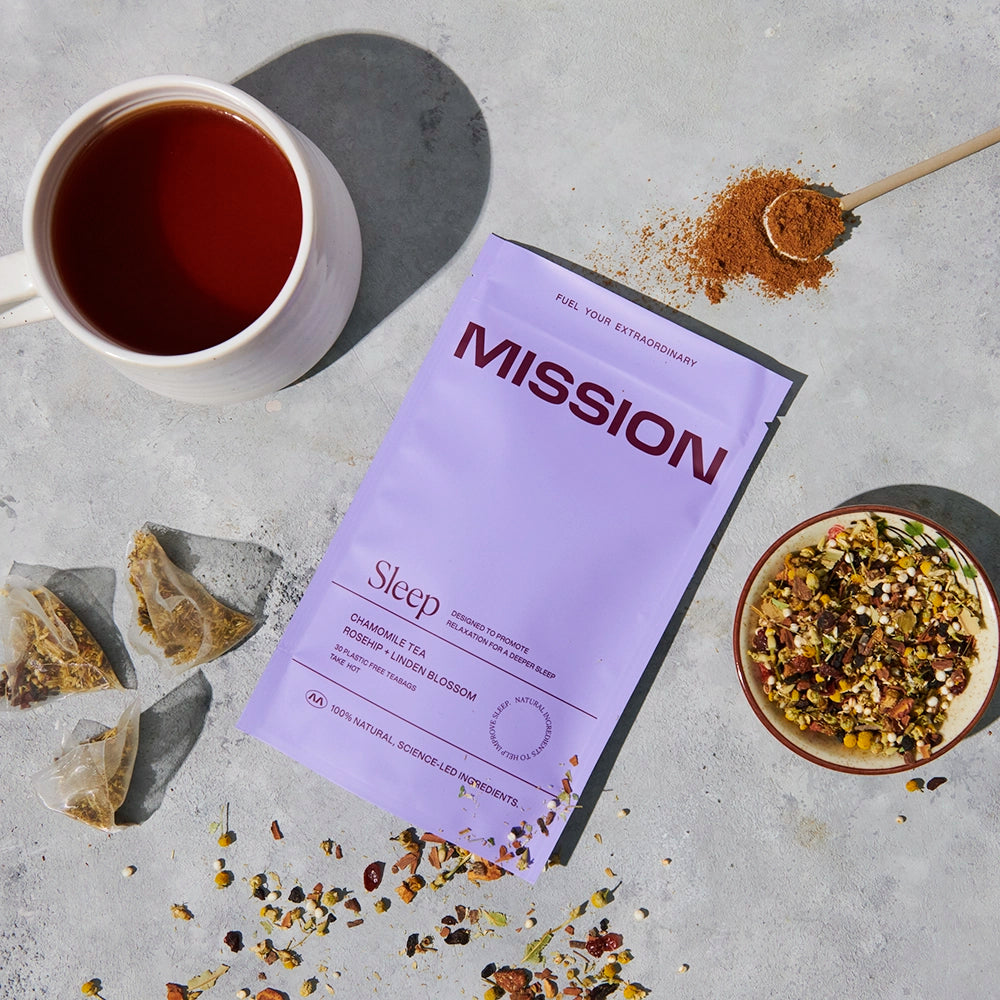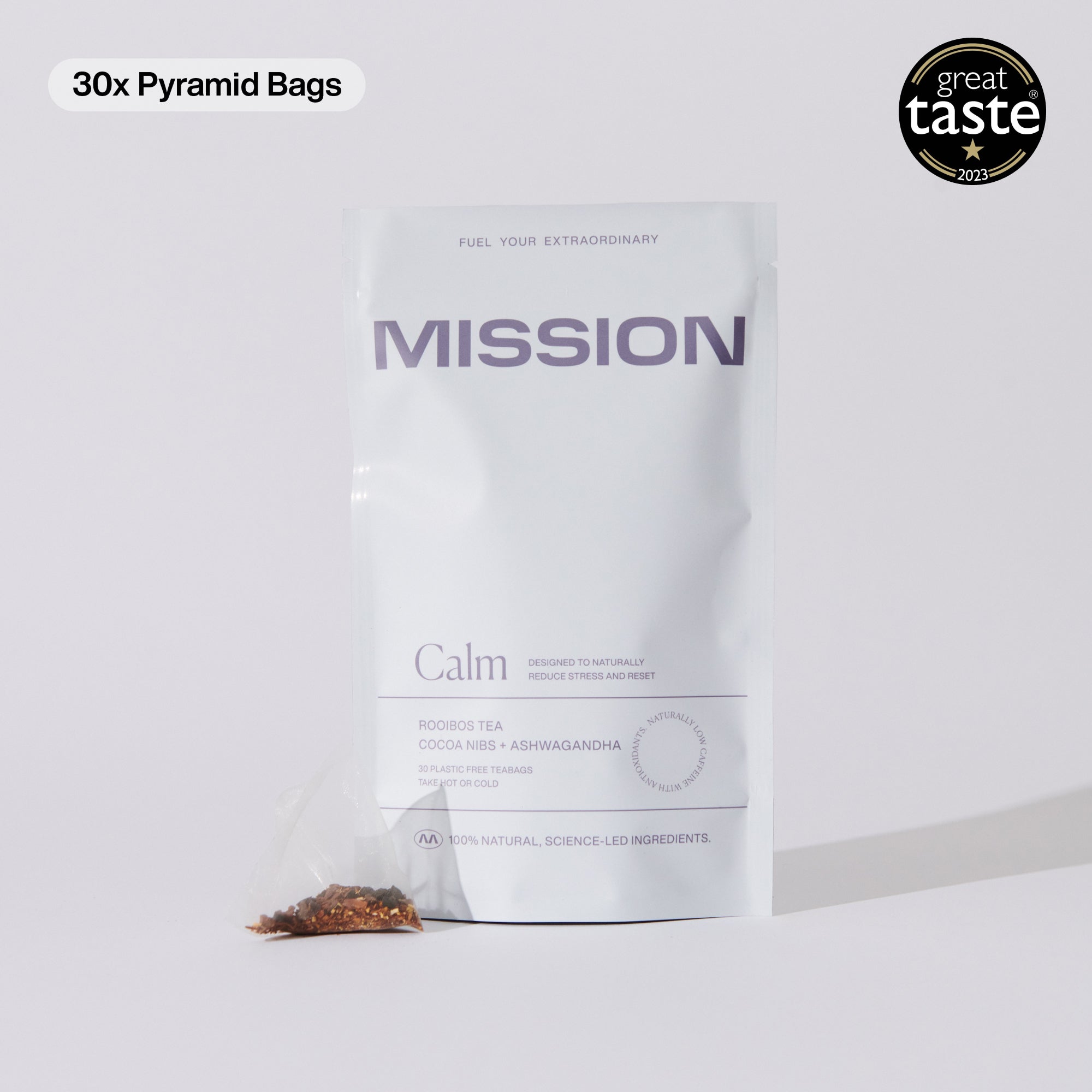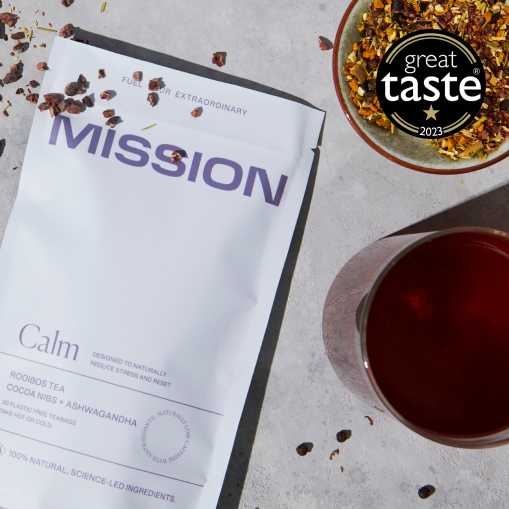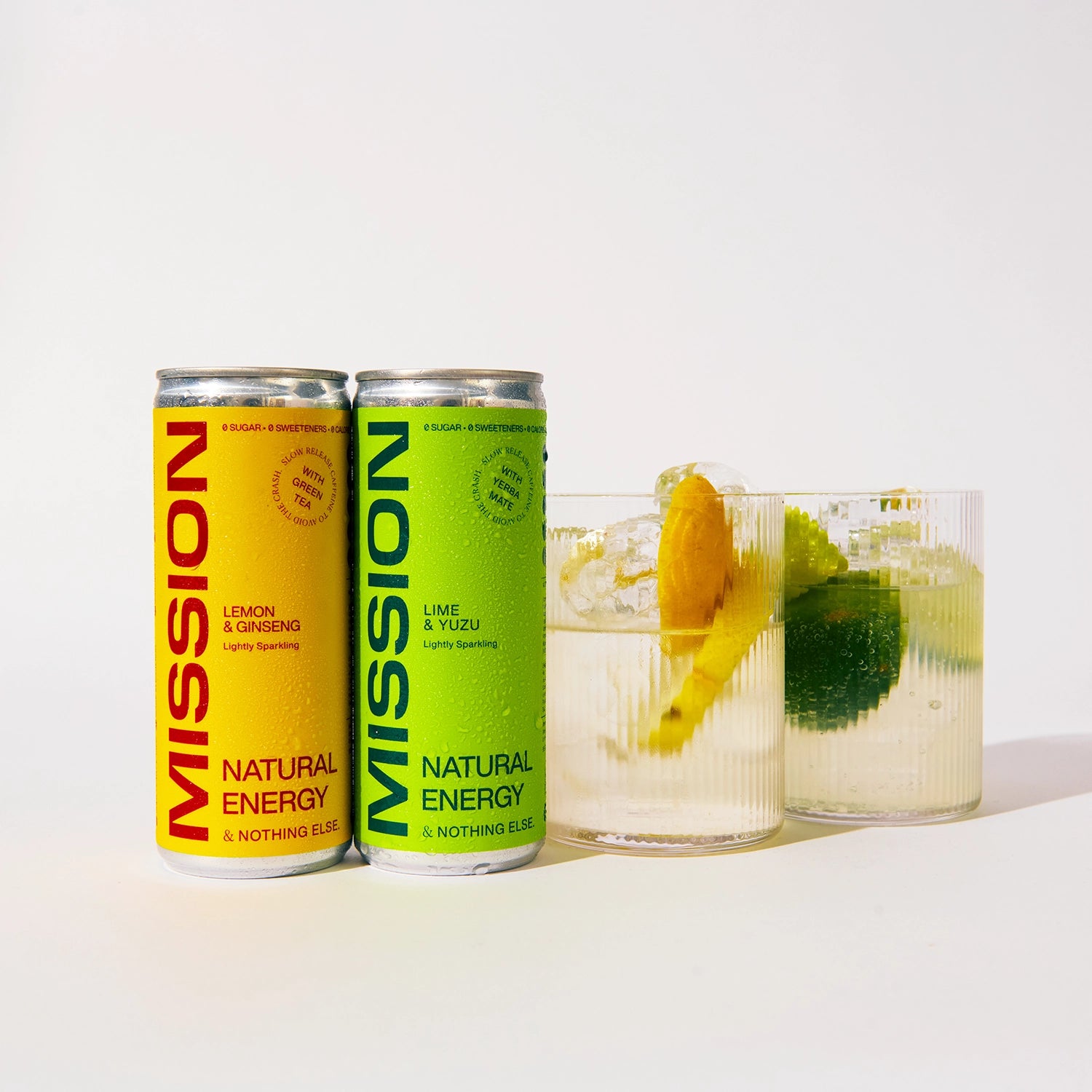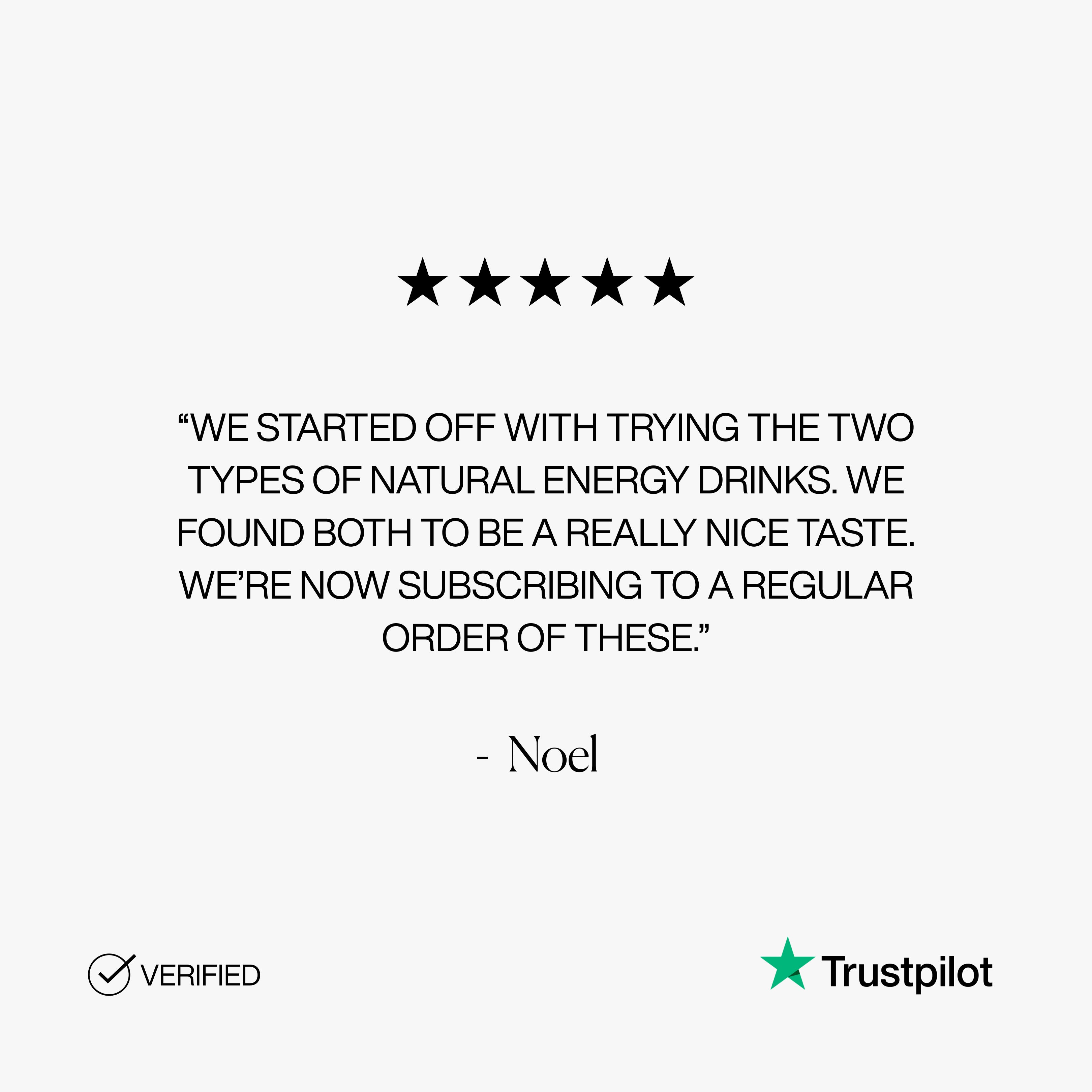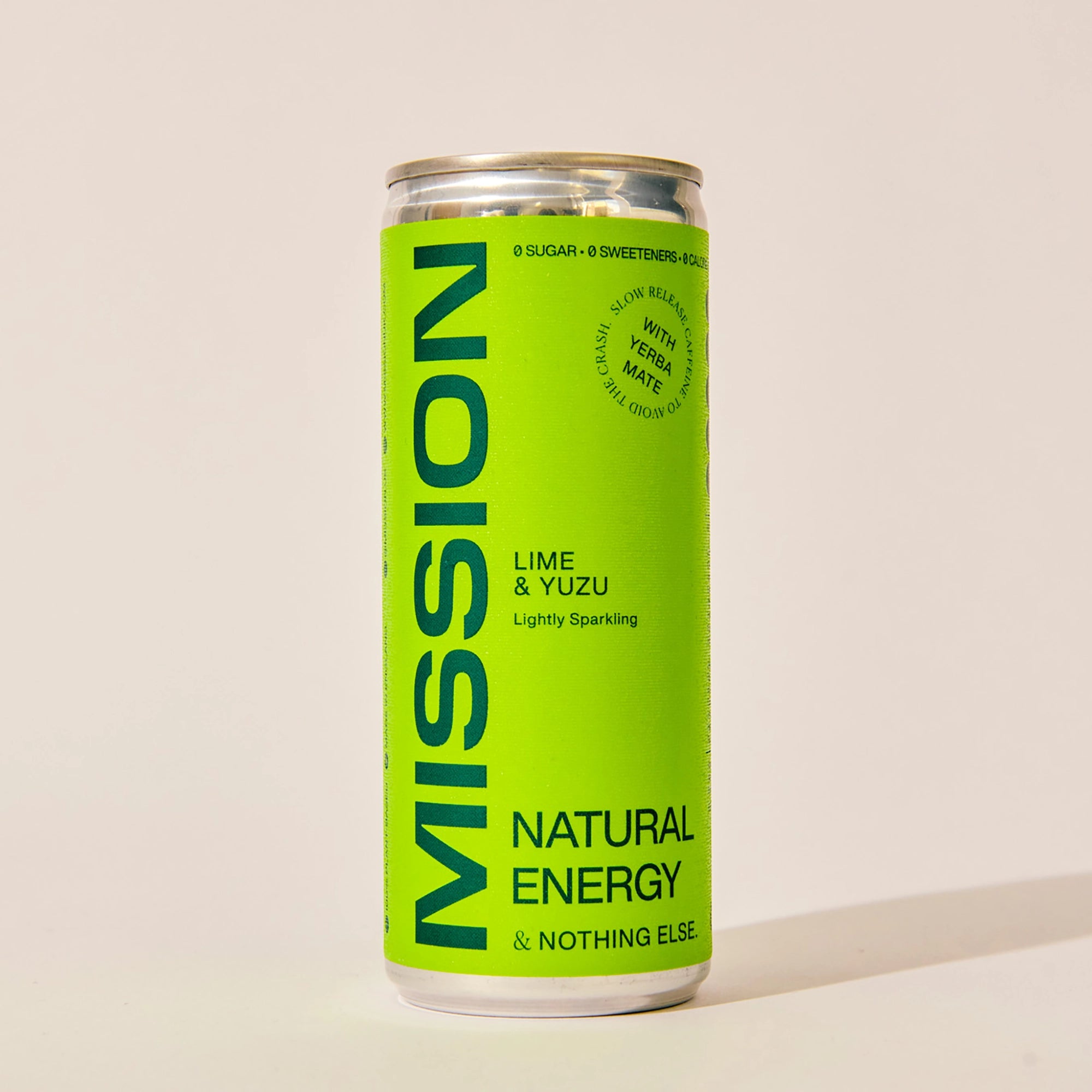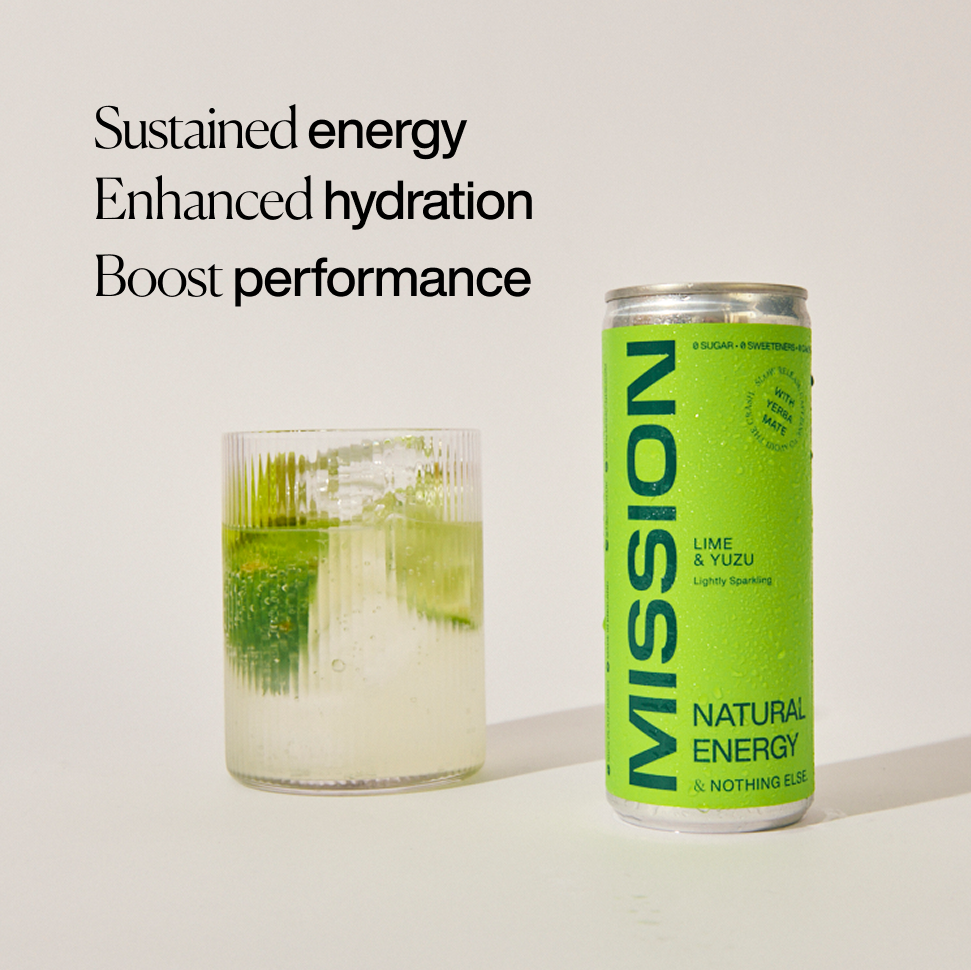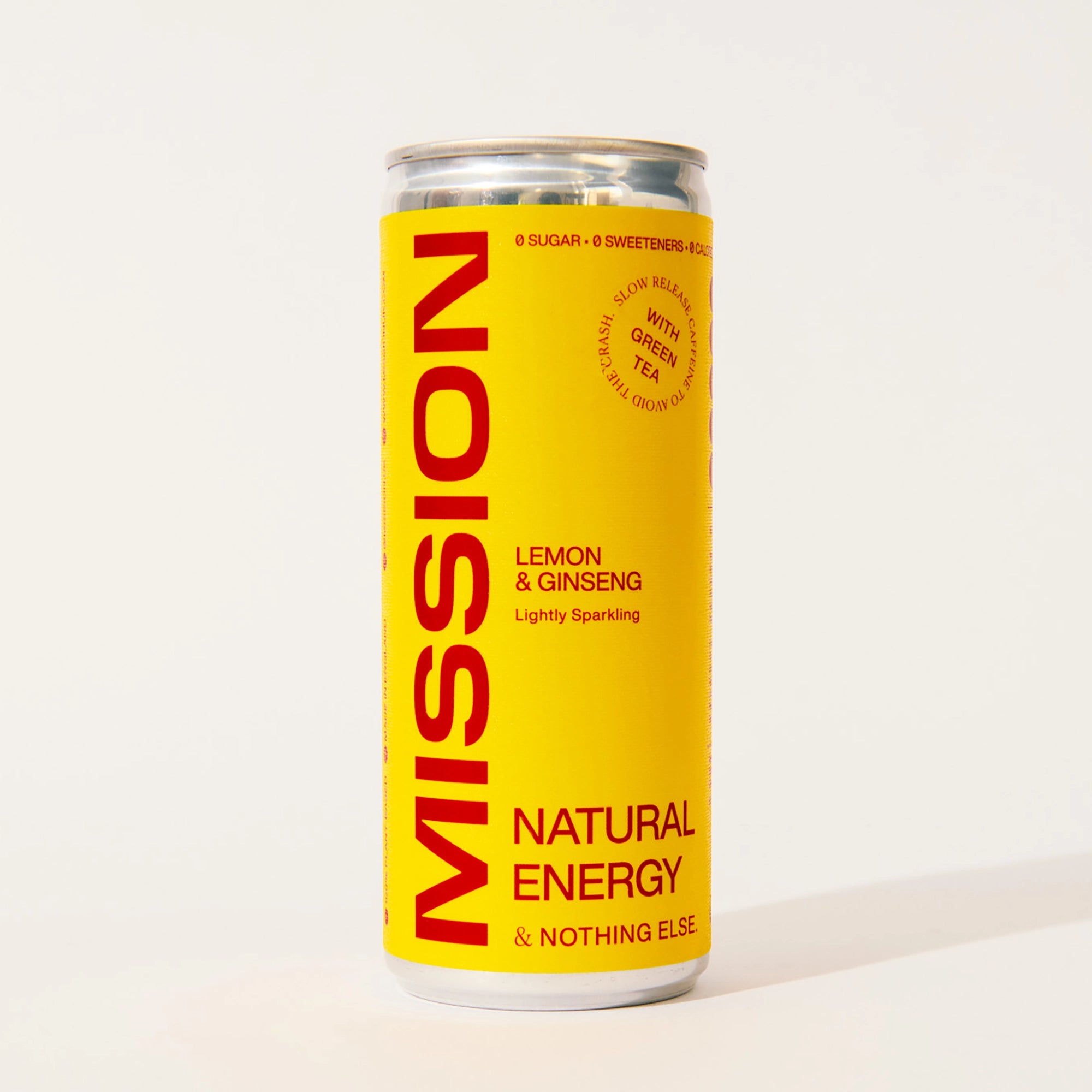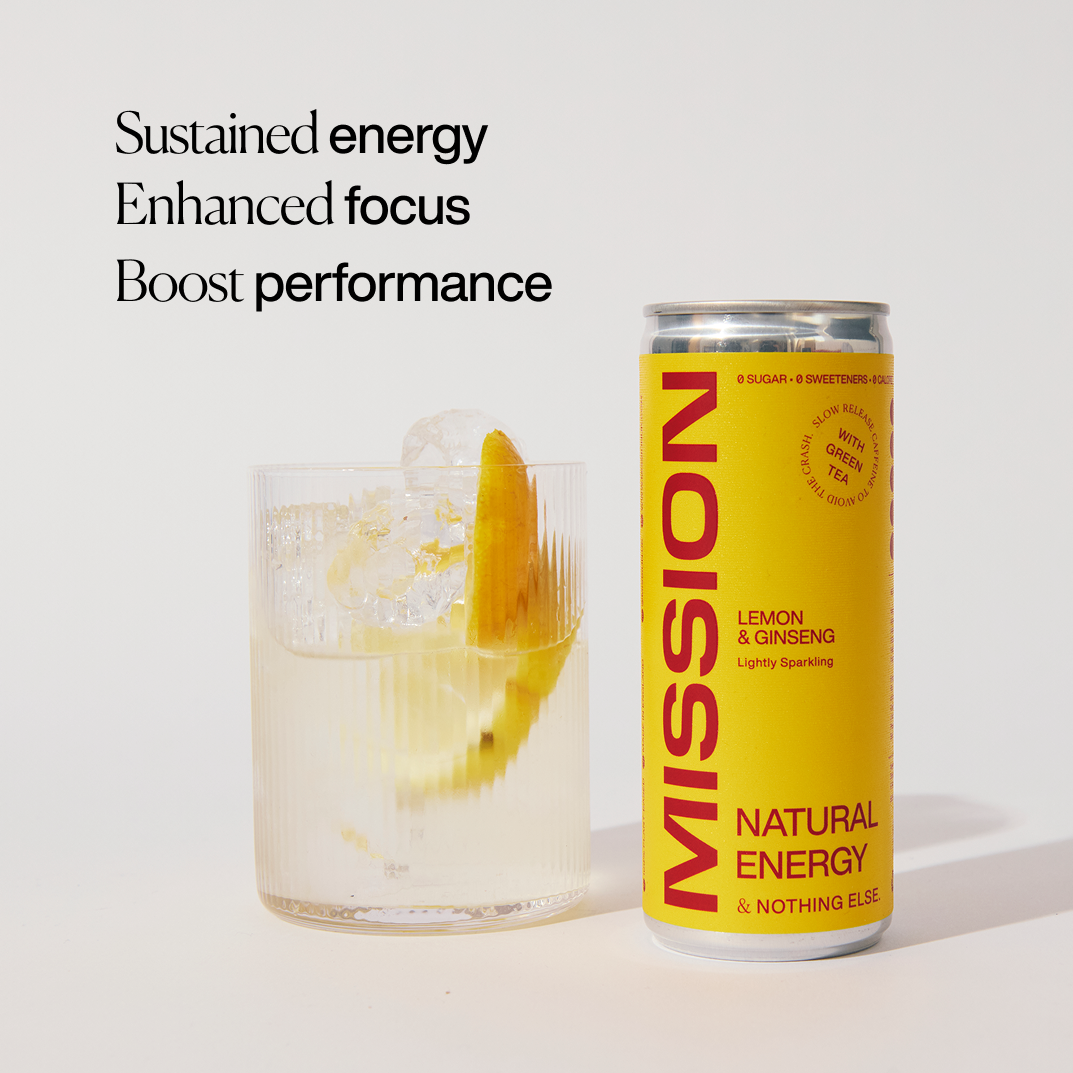Endurance events - fact vs fiction
If you've subscribed to our mailing list, you'll be familiar with our Nutrition Spotlights, where we provide the answers your nutrition based questions in an easy to digest format. Below is the most recent spotlight. Make sure you're subscribed to our emails for more insights!
The performance world is a tough one to navigate when every friend, training partner or influencer is telling you to do a different thing for the same result: to complete an event as well as you can. While I will always stand by the fact that different things work for different people, there are some common 'facts' that need addressing. I hope this is helpful ahead of any upcoming events you guys have!
1. I can't eat solid foods whilst running
This varies hugely from person to person. With a fear of a dreaded stitch + any gastro-intestinal issues, this is a common misconception. Largely, you can train your gut to be able to tolerate certain foods whilst on the move. There is a really handy read here on the best way to start integrating food into your runs. To summarise, start as early as possible in your training plan, you should practise your exact race day fuel at least twice ahead of the day + don’t forget your electrolytes.
Electrolytes: substances that have a natural positive or negative electrical charge when dissolved in water. They help your body regulate chemical reactions, maintain the balance between fluids inside and outside your cells, and more.
2. I can eat what I want
Unfortunately, this is a myth that I wish was true. While training/racing results in expending many more calories than a typical day, it is not a green light to eating ‘whatever you want’. You should definitely increase your calorie intake to help your body replenish its stores + enable any adaptations. However, the type of calories is a crucial part. Rather than opting for a quick fix via a tub of ice cream, you should aim for whole-food sources of the macronutrients: protein, fat and carbohydrates. The ratios of each are depending on you, your gut + your taste buds. What's important is getting all of these on board, asap. While there is no real right or wrong to the ratios of these macronutrients, try and aim for 1.6-2g of protein per kg you weigh to support optimal recovery. In short, more calories are important, but considering how depleted your stores are after working incredibly hard, these calories should be nutritionally dense.
3. I'll just eat a bowl of pasta the night before
I would happily write a whole spotlight on carb loading and the premise behind it - if this is something you guys would be interested in, please let me know! - because it is such a pillar of performance fuel. The biggest myth I can help out with briefly is that carb loading is not a 24 hour nutrition strategy, and in fact should begin ~4 days before the event. Carbs are our body's preferred energy store - especially when exercising - as they are readily available + can be broken down quickly. You want to be increasing your carbohydrate intake to ‘super compensate’ your internal stores, so one bowl of pasta the night before won't cut it!
4. I'll be ok if I drink loads of water
Nailing your hydration strategy is one of the hardest things, even the pros can get it wrong sometimes. When it comes to hydration, knowledge is power. Being able to listen to your body, understand when you’re feeling symptoms of dehydration + what your body responds to best is crucial. Above all this though, the basics are incredibly important and are often overlooked. This handy read covers them so well, and especially highlights the issue of over-hydration too.

Perform helps your body to optimise its fuel stores, which can contribute to something called 'glycogen sparing' that has been associated to improved performance, for longer. Learn more about Perform + other blends in our Welcome Bundle here.
If you’re preparing for an endurance event soon, wishing you the best of luck! Please let us know how you get on. I hope this brief spotlight comes in handy!



